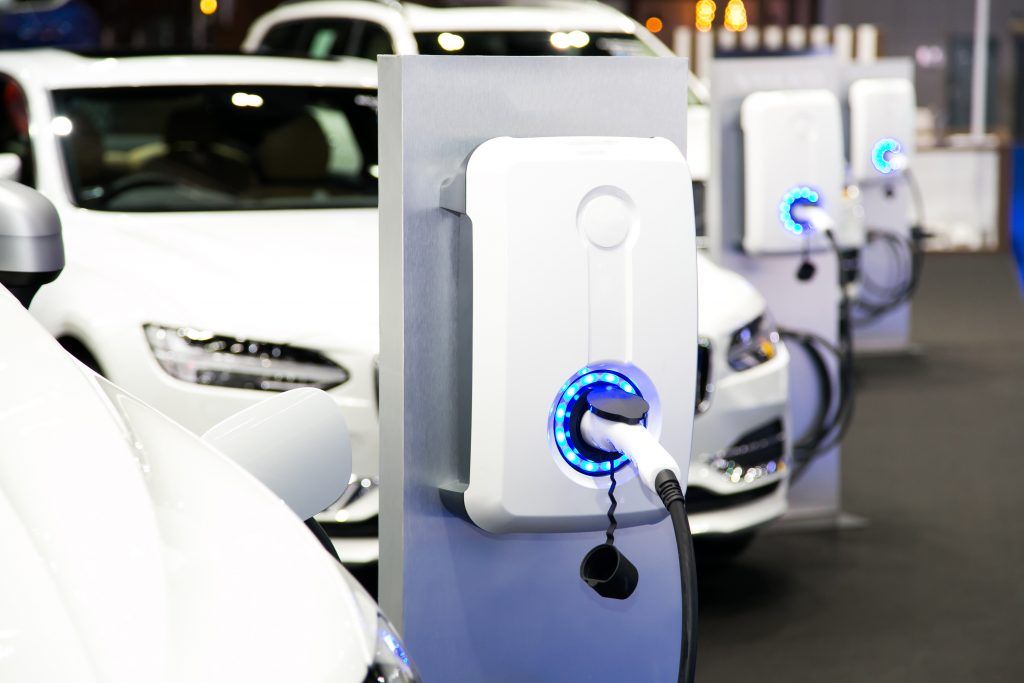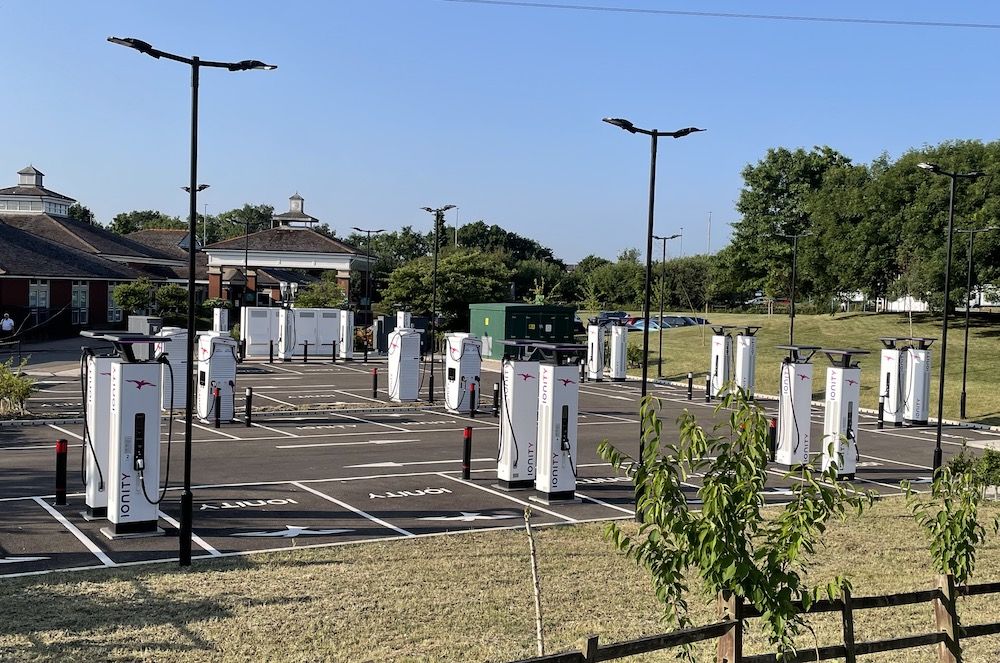The Society of Motor Manufacturers and Traders (SMMT) has called for better support for private retail uptake of EVs, following new figures.
The data shows that businesses are twice as likely as consumers to make the switch from petrol or diesel at present. SMMT analysis of new car registrations in 2020 shows just 4.6% of privately bought cars were battery electric vehicles (BEVs). This is compared to 8.7% for businesses and large fleets. In total, consumers registered 34,324 BEVs in 2020, compared to 73,881 corporate registrations.
SMMT has now revealed a blueprint to deliver greater retail uptake with a call for government and stakeholders to prioritise overcoming retail consumer concerns through fairer incentives and a commitment to an expanded public charging infrastructure.
Consumer acceptance remains low because of concerns over affordability, charge point availability and infrastructure reliability, the SMMT claims, with around one in three households have no dedicated off-street parking. Businesses and company car drivers currently receive stronger and longer-lasting incentives through reduced purchase taxes and fiscal incentives compared to retail consumers. Both groups also felt the cut to the Plug-in Car Grant (PiCG) announced by the government, which will add £500 to the cost of every BEV under £35,000, and £3,000 to those costing more than £35,000, as the grant is removed from electric vehicles over that price. By comparison, private buyers in Germany receive a €9,000 grant towards a new BEV, while Dutch drivers do not pay VAT on BEV purchases, equivalent to a purchase cost saving of around a sixth.
SMMT estimates that maintaining the PiCG and similarly exempting consumer electric vehicle purchases from VAT would increase uptake by almost two-thirds by 2026 compared to current predictions. It also estimates there would need to be around 2.3 million public charge points in service by 2030 to provide adequate coverage and tackle range anxiety – meaning more than 700 new charge points would have to be installed every day until the end of the decade. By comparison, the installation rate is approximately 42 a day presently.
Mike Hawes, SMMT chief executive, said: “While last year’s bumper uptake of electric vehicles is to be welcomed, it’s clear this has been an electric revolution primarily for fleets, not families. Manufacturers are committed to the consumer, reducing costs and providing as wide a choice as possible of zero-emission capable vehicles with many more to come.
“To deliver an electric revolution that is affordable, achievable and accessible to all by 2030, however, government and other stakeholders must put ordinary drivers at the heart of policy and planning. We need incentives that tempt consumers, infrastructure that is robust and charging points that provide reassurance, so that zero-emission mobility will be possible for everyone, regardless of income or location.
“When every market is vying for these new technologies, a clear and collaborative strategy engaging all would ensure the UK remains an attractive place both to manufacture and market electric vehicles, helping us achieve our net zero ambition.”
image from Shutterstock














